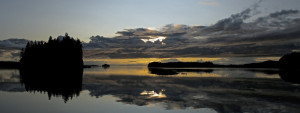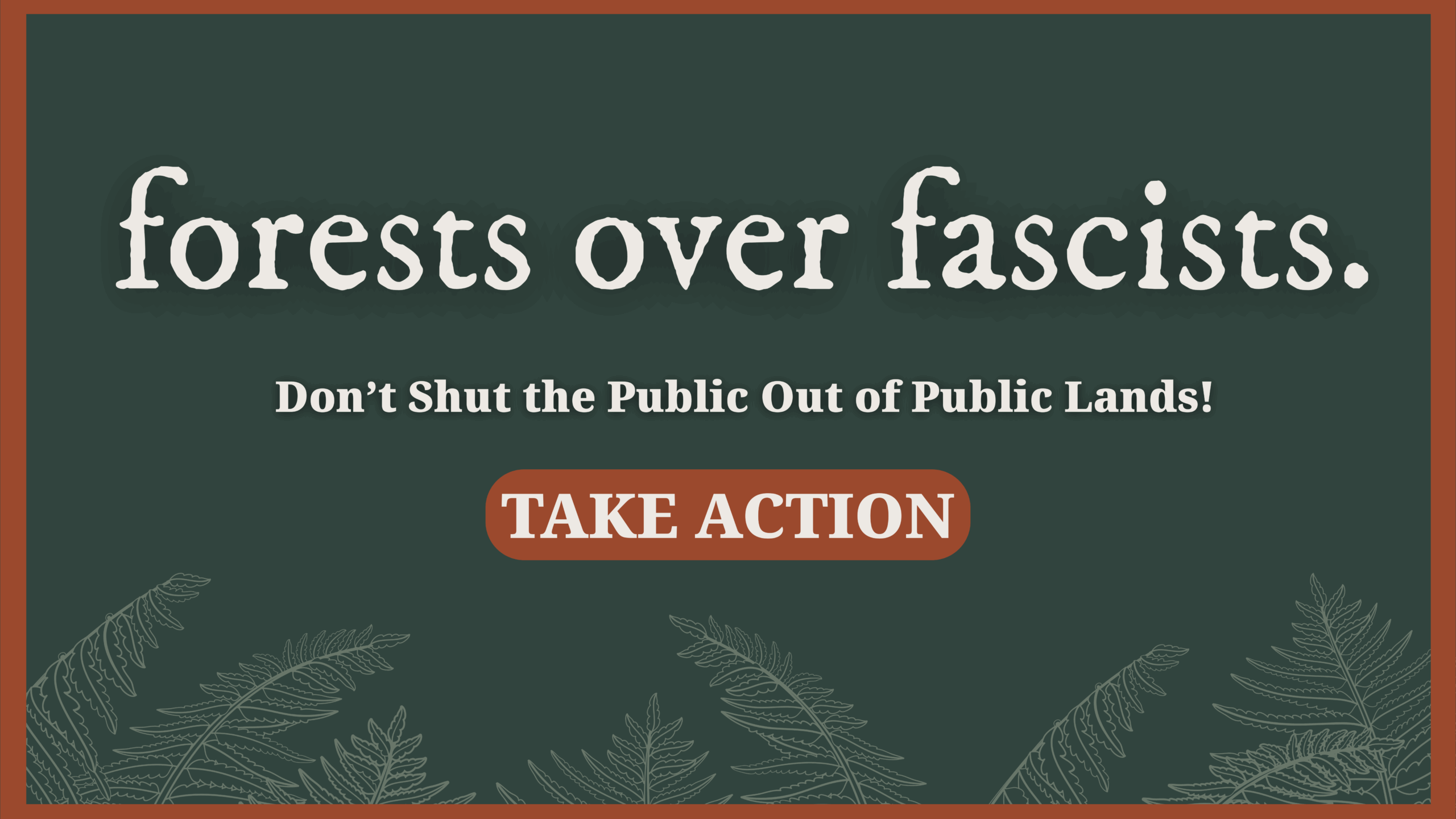For Immediate Release
May 4, 2015
Contact:
Larry Edwards, Greenpeace, (907) 747-7557, ledwards@greenpeace.org
Gabe Scott, Cascadia Wildlands, (907) 491-0856, gscott@cascwild.org
Rebecca Noblin, Center for Biological Diversity, (907) 350-4822, rnoblin@biologicaldiversity.org
Oliver Stiefel, Crag Law Center, oliver@crag.org
ANCHORAGE, Alaska — Five environmental organizations today challenged a plan to log the old-growth forests of Mitkof Island, near the Southeast Alaska community of Petersburg. The groups filed suit in Alaska District Court to overturn the U.S. Forest Service’s approval of this major logging project.
The groups say the agency violated federal environmental laws by concluding that logging 4,117 acres of important old-growth deer, wolf and goshawk habitat would not have a “significant” impact, without first completing the standard environmental impact statement. Instead the Forest Service broke with past practices by requiring only an environmental assessment — an abbreviated review typically used on far less significant projects.
“It is remarkable that, even in the face of huge controversy, the Forest Service stubbornly insists that thousands of acres of old-growth logging is without consequence,” said Dave Beebe with Greater Southeast Alaska Conservation Community. “This would set a terrible precedent for the management of public lands.”
The lawsuit was filed by GSACC, Greenpeace, the Center for Biological Diversity, Cascadia Wildlands and Alaska Wildlife Alliance, represented by the CRAG law center. Contrary to the claim that the logging and associated road construction would have insignificant impacts on the 134,000-acre island, the environmental groups catalogued a number of significant impacts:
- Loss of winter habitat for deer, further stressing the local population;
- Harm to subsistence hunters, particularly low-income residents who cannot afford to travel to distant islands for deer;
- Threats to the Alexander Archipelago wolf, which is currently being considered for protection under the Endangered Species Act, from loss of deer habitat and the likelihood of increased trapping;
- Damage to the Queen Charlotte goshawk, a raptor that relies on old-growth forest.
“It’s baffling that this agency could overlook such obvious impacts to the environment, but I suppose that if you don’t look for problems then you’re not going to find them,” said Rebecca Noblin, the Center for Biological Diversity’s Alaska director.
The groups decried the project’s impact on local communities and wildlife alike, noting that it will cause more problems with the Board of Game’s experimental predator control programs that target wolves.
“Mitkof Island is a microcosm for a legacy of old-growth logging and habitat loss,” said Gabriel Scott, Alaska legal director for Cascadia Wildlands. “Subsistence deer hunting is already severely restricted. Continued destruction of old-growth habitat on the Tongass National Forest is not compatible with a continued subsistence lifestyle in places like Petersburg.”
“The Mitkof timber project is far and away the largest one ever done on the Tongass without an environmental impact statement,” said Larry Edwards, Greenpeace forest campaigner in Sitka. “We’ve tried every way we can to make the state and the Forest Service aware of critical impacts to deer, hunters and wolves. Instead of engaging the problems they simply ignored them. Going to court is, unfortunately, the only option we have left.”


